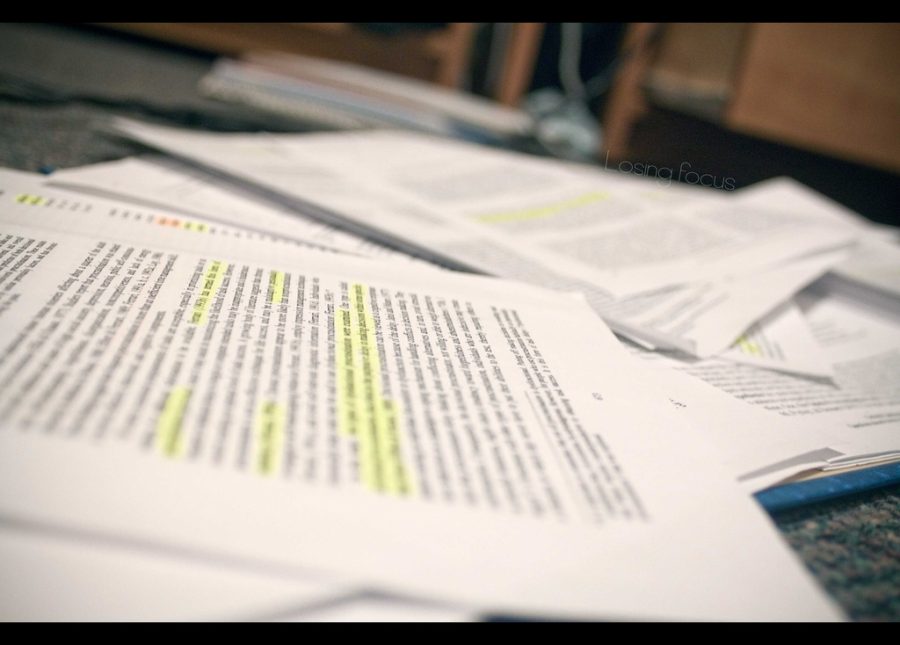Tips for Writing & Revising Your College Essays
Oct 29, 2018
One of the most challenging, yet rewarding, components of college applications is writing the personal statement and supplemental essays. One of the biggest challenges is actually beginning the essay and that familiar feeling of sitting down with nothing on the page and having to start from scratch. However, it doesn’t have to be hard. Here are a few tips to help you breeze through your college essays.
1.) PLAN
This step is super important and often overlooked. Before you start writing, get a blank sheet and look at the prompt and just think for a minute. Decide what your paragraphs are going to be about and how you’re going to transition between them. Think about what evidence and reasoning you’re going to use. Then, when you have an outline for the meat of the essay, dive into writing.
2.) Skip around
You don’t need to start at the introduction. Although its natural to go from start to finish, if you don’t know how to start your essay, then start with the body first and keep the introduction in the back of your mind. You’d be surprised at how much easier it is after you’ve gotten something else done.
3.) Transition
When moving from body paragraph to body paragraph, it is important to have some sort of connection between them. So, try and find a way to connect one point into another. Usually, the best way to do this is to look at your last sentence in one paragraph and the claim of the next from your outline and just think if there is a way these two are related.
4.) Vary punctuation
Do you know all the annoying grammar rules for SAT testing? Then use them! It’s surprisingly useful to use dashes, semicolons, and colons in your writing; although, it takes some time to get used to it. If you feel unsure of whether or not you’re using these correctly — although you probably are — you can ask your English teacher if it’s correct, or look on the internet.
5.) Use an original ending
The closing sentence is super important because it is the last thing that makes an impression on the reader. So, try not to end on a cliche. Instead, at the closing sentence, think of a way to wrap up your thoughts by, for example, connecting the essay to real life. There is no set rule for how to do this, and it will require creativity. However, it can make a good essay seem great.
6.) Read your essay aloud
This is the most important step. After you’ve written the essay, the heavy lifting is done. However, there are still corrections which need to be made which can make or break an essay. So, read the essay aloud to yourself. If this is an in-class essay, read it slowly and loudly in your head. This way, you can find grammatical mistakes and also passages which don’t make sense.
7.) Take time to revise
If you have time, don’t revise your essay right after writing it. Let it sit completed for a day or two then come back to it. When revising the essay while it’s still fresh, you still have your original ideas and what you’re reading will seem to be good even though it may not be.
Follow these few steps, if you don’t already, and you’ll see an improvement in your essay writing. If you see some tips you especially like, try them out first to see if they work for you.




